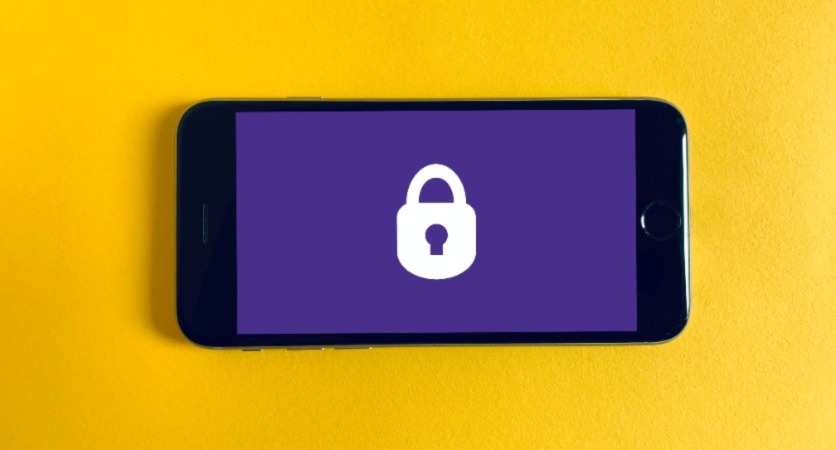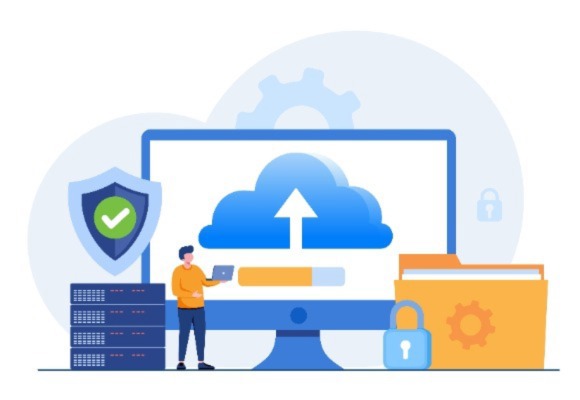March 22, 2023
Why is cybersecurity important for small businesses?
As the world becomes increasingly digital, the importance of cybersecurity for small businesses cannot be overstated. Small businesses are often seen as easy targets by cyber criminals, who know that they may not have the resources to invest in robust cybersecurity measures. A single cyber attack can result in significant financial losses, damage to reputation, and loss of customer trust.
Moreover, the cost of recovering from a cyber attack can be devastating for a small business, often resulting in a loss of revenue and even closure. Cybersecurity is not just about protecting against external threats, but also about ensuring the privacy and security of sensitive data, including customer information, financial data, and intellectual property.
Implementing strong cybersecurity measures can help small businesses protect their valuable assets, build trust with customers, and ensure the long-term success of their operations. Investing in cybersecurity is not a luxury, but a necessity in today's digital age. By taking proactive steps to protect against cyber threats, small businesses can safeguard their operations and thrive in an increasingly competitive and connected marketplace.
How you can secure your website

HTTPS & Authentication Methods
To start fortifying your website against attackers, make sure you’re utilizing HTTPS. HTTPS encrypts the communication between the client (e.g., the web browser) and the server, which helps prevent interception and tampering of data. You’ll also want to implement steps like secure authentication and authorization for customer logins. You can do this by ensuring your customers are using strong passwords and two-factor authentication to access their information and user history. It’s also critical that the administrative portal to the website also utilize these strong authentication methods. You don’t want anyone gaining unauthorized access to the back side of your small business website!
Updating JavaScript
Securing your website involves several key steps, including updating the site’s JavaScript. Your website platform, server software, and any third-party software you use need to be kept up to date. These updates often include security patches that improve vulnerabilities that hackers could exploit.
Maintaining secure connections
In addition to updating your software and authentication methods, here are several other ideas that can strengthen the connections on your website and prevent a cyber attack:
- Use strong encryption methods in order to maintain secure connections on your website. Encryption helps protect data in transit by making it unreadable to anyone who intercepts it. Use strong encryption protocols such as Transport Layer Security (TLS) and Secure Sockets Layer (SSL).
- Regularly monitor network traffic for suspicious activity that could indicate an attempted attack.
- Use firewalls to your advantage. Firewalls can help prevent unauthorized access to your network and block malicious traffic.
- Limit access to sensitive data and resources to authorized users only. Use access controls to ensure that only those who need access to specific data or resources can get to them.
- Use virtual private networks or VPNs. VPNs can help protect data in transit by encrypting all traffic between the user's device and the VPN server.
- Train employees on the importance of cybersecurity and how they can protect their personal and professional information online. Educate staff on best practices for maintaining secure connections and provide regular training to ensure they are up-to-date on the latest threats and techniques used by attackers.
- Validate all user input to prevent common attacks such as SQL injection and cross-site scripting (XSS).
- Sanitize user data to ensure that all user data is clean before being displayed on your website. This helps prevent XSS attacks.
- Use a Content Security Policy, or CSP, which allows you to whitelist specific sources of content that your website can load. This helps prevent malicious scripts from being executed.
- Implement rate limiting, which can help prevent brute-force attacks on your website's authentication mechanisms.
How to get started

The first step in improving the cybersecurity of your small business is to assess your current posture. In other words, you’ll want to determine what information you’re storing online, how safe your current practices are, and where your biggest vulnerabilities lie.
Then, you’ll need to develop a cybersecurity plan. Based on the information from your assessment, what specific steps will you take to improve your cybersecurity posture? This plan should include the basics of any good strategy: a timeline, budget, and action item for each step. Who will be responsible for implementing which parts, and how will these changes impact daily operations?
You’ll need to consider how you will train employees on any security changes made. This could include training employees on using strong passwords, avoiding phishing scams, and keeping their software up to date.
Enlisting professional help
The more your business grows, the more you may become a target to potential hackers. If you’re worried about protecting all of the crucial private data and information you’re storing online, don’t be afraid to enlist the help of cybersecurity professionals. They may be able to do an audit of your website and online storage to determine how at risk you are for a cyber attack. They can also help suggest strategies for strengthening your online privacy and security.
Investing in cybersecurity efforts
We live in a digital world, and every business should be concerned about its online safety. If you’re a company that collects sensitive data online, no matter how large or small your business activity is, you could be a target for hackers and online thieves.
Customer information, financial records, and intellectual properties are just a few of the data that hackers online attempt to steal from businesses big and small every day. Unauthorized access, theft, or damage to this information can hurt not only your business operations but also how much trust your customers have in your brand. You’ll be dealing with lost revenue, damage to your reputation, and potential legal liabilities.
There are government regulations in place to help encourage small businesses to protect consumer privacy and data. Small businesses are subject to these regulations too, such as the General Data Protection Regulation and the Payment Card Industry Data Security Standard. If the proper cybersecurity measures aren’t taken, you’ll have to deal with the liabilities of these laws.
For small businesses in particular, you’ll want to pay special attention to your online security. Small businesses may not have the same financial resources to recover from a cyber attack as multinational corporations. Cybersecurity measures can help prevent financial loss by protecting against fraud, theft, and other forms of cybercrime.


